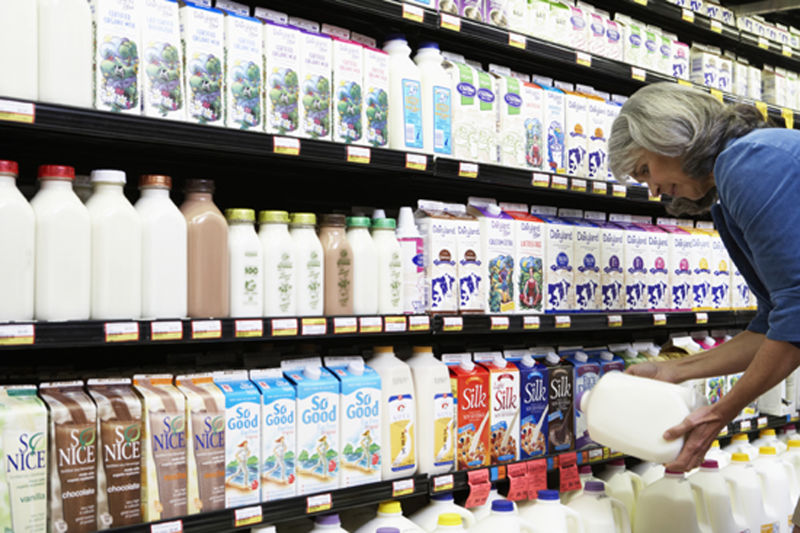An exciting courtroom drama began Tuesday in the Central Valley, with teams of lawyers, reams of evidence and what could be weeks of testimony from experts. But it’s not a murder trial. It's actually a USDA hearing about the price of milk.
To get a bunch of dairy farmers in plaid shirts to leave their cows and come sit for weeks at a federal hearing, next to rows of guys in suits, the stakes must be high.
"Dairymen here in California need to get more money for their milk. Just like the rest of the nation gets," says Frank Mendonsa. He lives on a Tulare County farm with about 800 cows and represents the Western United Dairymen, a group of dairy producers.
California is the No. 1 dairy state. Unlike in other states, prices paid to dairy producers are set by state regulators. Farmers like Mendonsa are now asking the feds to set the price -- because they think they’ll get paid more.
